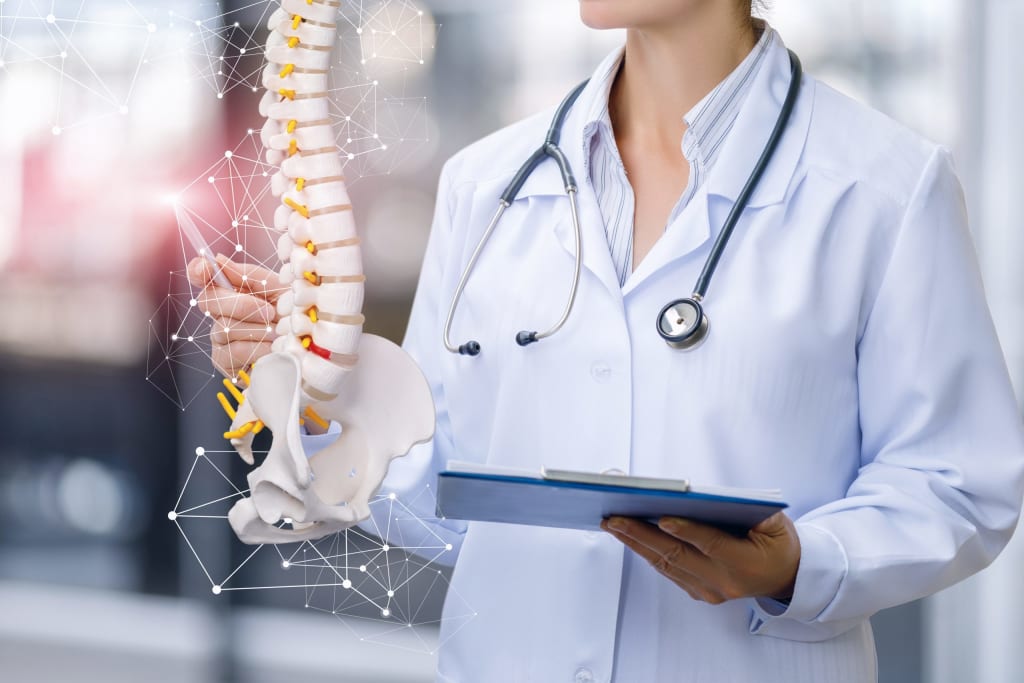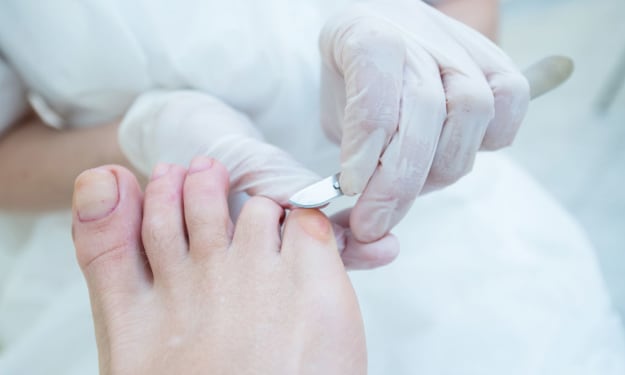Pros and Cons of Spinal Surgery
By the time you decide to have back surgery, your doctor has most likely tried a variety of treatments to alleviate your back pain or lower body paralysis. While there is no certainty that the operation will bring relief, several alternatives exist. Learn everything you can about back surgery in advance. The more you know, the better your decision will be.

By the time you decide to have back surgery, your doctor has most likely tried a variety of treatments to alleviate your back pain or lower body paralysis. While there is no certainty that the operation will bring relief, several alternatives exist. Learn everything you can about back surgery in advance. The more you know, the better your decision will be.
What are the benefits?
Often, the outcome is more than just a reduction in discomfort. You may discover that you can move better, you're more physically fit, your mood has improved, you don't need as many painkillers, you can return to work, and you've become more productive.
Are there risks?
Most patients, who have back surgery, experience few complications or don’t at all.
Any operation involves some risks, which include:
- Infection
- Reaction to anesthesia or other drugs
- Blood clots, for instance, in your legs or lungs
- Nerve damage, which can lead to weakness, paralysis, pain, sexual dysfunction, or loss of bowel or bladder control
- Stroke
- Heart attack
- Herniated disk
- Bleeding
People with specific health issues have a higher risk of things going wrong. They also differ depending on the type of surgery. Your neurosurgeon has to identify potential complications. So, before you go to the OR, ask about them.
Do you need back surgery?
If alternative therapies have failed and your pain is incapacitated, back surgery may be possible. Many people who suffer from back pain also have leg pain. Pinched nerves in the spine are frequently to blame for these symptoms. Pinched nerves can occur for a variety of reasons, including:
- Disk issues. Disks are the rubbery cushions that divide your spine's bones. A ruptured or bulging disk can sometimes reach too close to a spinal nerve. This can produce pain and interfere with the nerve's function.
- Bone enlargement. Osteoarthritis can cause bone growths on your spine, known as spurs. This extra bone can make it more difficult for nerves to flow through gaps in your spine.
Back surgery cures leg pain more effectively than it does back pain. Many people who have had back surgery continue to have back pain.
Even if imaging studies reveal disk abnormalities or bone spurs, determining the exact source of back pain might be challenging. Imaging examinations performed for various purposes frequently detect bulging or herniated disks that generate no symptoms and require no treatment.
Back Surgery Pros and Cons
Each type of spinal surgery comes with its risks and benefits.
Spinal fusion
This is the most common operation for nonspecific chronic back pain with degenerative changes. The doctor will connect the spinal bones, known as vertebrae. This restricts the movement between them and how far your nerves may stretch. However, it is unlikely to limit your activity. Although it is uncommon, the bones do not always fuse entirely. Smoking can increase the likelihood of this problem. If this occurs, you may require additional procedures to correct it.
Laminectomy
Laminectomy is the most common lumbar spinal stenosis surgery. During this treatment, a surgeon removes sections of your backbone, bone spurs, or ligaments. This operation removes pressure on spinal nerves and can alleviate pain or weakness, but it can make your spine less stable. If this occurs, you will require a spinal fusion as well. Doctors will sometimes combine the two operations.
Foraminotomy
This procedure is intended to treat pain caused by a compressed nerve in the spine. The surgeon removes bone from the sides of your vertebrae to enlarge the space where nerves come out of your spine. The extra space may decrease nerve pressure and alleviate your pain. This treatment, like a laminectomy, can make your spine less stable. As a result, the surgeon may do a spinal fusion at the same time. This will lengthen the time you need to recuperate.
Discectomy
A disk, the cushion that divides your vertebrae, can occasionally move out of place, pressing on a spinal nerve and causing back pain. The surgeon removes all or part of the disk during a discectomy. They may need to create a large incision in your back, or they may be able to perform it through a small incision known as a microdiscectomy. Microdiscectomy is the usual surgical treatment for lumbar disc herniation and is performed under an operating microscope through a smaller incision than open discectomy. A discectomy is sometimes performed as part of a bigger surgery that also includes a laminectomy, foraminotomy, or spinal fusion.
Disk replacement
A surgeon replaces your injured spinal disk with an artificial one after removing the damaged one. Unlike fusion, this allows you to move your spine. The recovery period may also be less than that of a spinal fusion. However, there is a danger that the new disk will slip or fall out of place and require repair.
Interlaminar implant
This is a less intrusive option than laminectomy or laminectomy plus fusion surgery. A U-shaped device is implanted between two vertebrae in your lower back by the surgeon. It maintains the space between them and relieves pressure on your spinal nerves. It is possible to perform it concurrently with a laminectomy. Unlike spinal fusion, the implant gives stability while allowing you to move your back virtually normally. You may find it difficult to bend backward in that location.
About the Creator
Amelia Grant
I am journalist, and blogger.






Comments
There are no comments for this story
Be the first to respond and start the conversation.